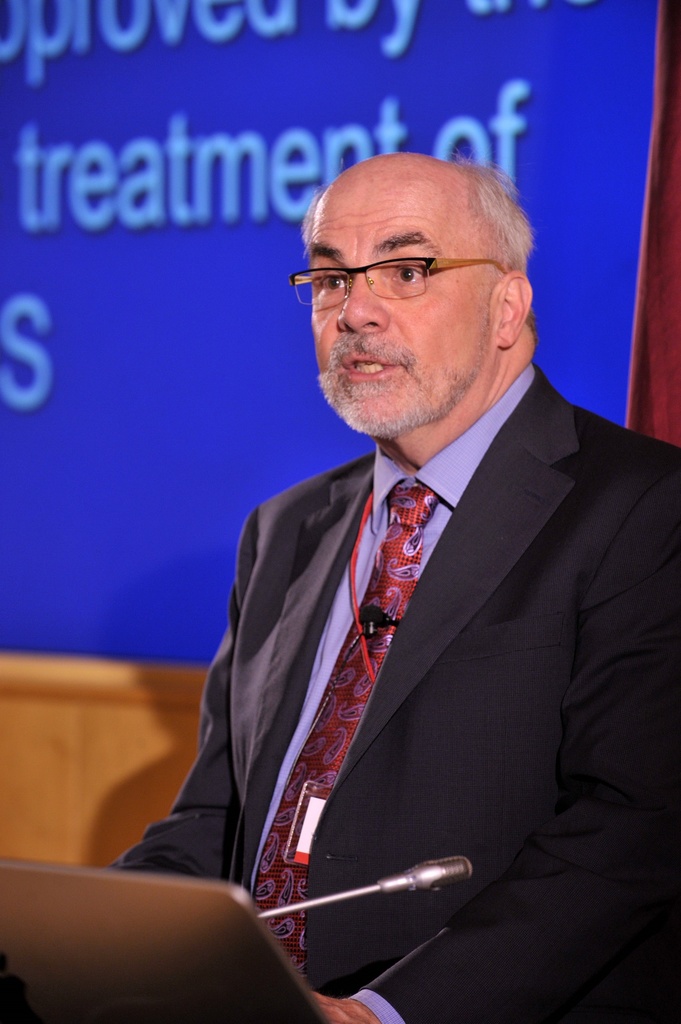Three leading healthcare experts gave individual presentations on paediatric imaging, polycystic ovary syndrome and the impact of gut bacteria on human health in the latest installments of Weill Cornell Medicine-Qatar’s (WCM-Q) Grand Rounds series.
Grand Rounds, which usually stages one lecture each month, brought three experts to WCM-Q in a single week for a special mini-series of presentations.
The first featured Dr Graham Buirski, Section Head of MusculoSkeletal Imaging in the Radiology Department of Sidra Medical and Research Center, who gave a presentation entitled ‘Pediatric Imaging – What Test Do I Order?’. Dr Buirski, who is also Associate Professor of Clinical Radiology at WCM-Q, explained that physicians must carefully balance the benefit of ordering a test against the potential harm to the patient.
The second of the week’s Grand Rounds presentations was given by Dr James D Lewis, Professor of Medicine and Epidemiology at the University of Pennsylvania, and was entitled ‘Modern Life at a Crossroad: The Intersection of Diet, the Gut Microbiome, Inflammation and Cancer’. Dr Lewis explained that the human gut is home to around 100 trillion bacteria cells, which is approximately ten times the total number of cells that make up the human body. Many of these bacteria benefit human health by fermenting dietary fiber and synthesizing vitamins B and K, but overabundance of some species of bacteria appears to play a role in inflammatory disorders such as inflammatory bowel disease and irritable bowel syndrome. Inflammation of the bowel is also associated with metabolic syndrome, diabetes and bowel cancer.
Dr John E Nestler, William Branch Porter Professor of Medicine and Chair of the Department of Medicine at Virginia Commonwealth University in Richmond, Virginia, discussed ‘Polycystic Ovary Syndrome and the Risk for Diabetes and Cardiovascular Disease’. Polycystic ovary syndrome (PCOS) is characterised by imbalance in a woman’s levels of the hormones estrogen and progesterone. This causes the growth of benign cysts on the ovaries, weight gain, skin problems, abnormal hair growth and fertility problems.
Dr Nestler said that PCOS has traditionally been treated as a gynecological condition but is better understood as a general health issue closely associated with insulin resistance, type-2 diabetes, obesity and cardiovascular disease.
Keep updated on WCM-Q news and events here







